Abstract:
Process Intensification through microtechnology improves the performance of chemical, analytical and biotechnological processes, resulting in safe and compact technologies with high productivity, environmental protection and energy efficiency. The fabrication of polymeric microparticles using the emulsion/diffussion process produces particles for drug encapsulation with delivery control, and technologies based on Microfluidic provide the miniaturization of such process. However, the integration and automation of technological devices like precision microactuators, sensors and control systems are essential to increase the performance and efficiency in continuous scale of particles production with precision in automatic actions. The proposal of this work is to develop the integration and control system for automation of polymeric microparticles fabrication in continuous scale for drug encapsulation, based on microfluidics devices with control and supervision of automatic cycles. The control system is developed by means of controllers and integration devices, applying precision micro annular gear pumps, microfluidics devices in LTCC (Low Temperature CoFired Ceramic) for emulsion-diffusion process phases, communication drivers, data acquisition, signals processing and controls profiles. The process (Figure 1) applies three solution phases: organic, aqueous and diffusion. The organic and aqueous phases are the inlet solutions of the LTCC microfluidic device with internal mixer geometry of 500-600μm hydraulic diameter; for the purpose of generate the emulsion. The next step is the dilution phase with distillated water, which is the inlet of the other microfluidic device (vortex geometry) for emulsion and dilution phase. The final stage is the solvent extraction phase, using vacuum and temperature in 50°C by 40 minutes in mixing. Each inlet of microfluidics devices are controlled by the micro gear pump in different flow rates to obtain the optimal operation point of microparticles production. The control system is based on control profiles of flow rates for microgear pumps, relating pressure of fluid lines, motors velocities, fluids viscosity, internal mechanism of microgear pumps and characterization of microfluidics devices. The result of this work is a prototype (Figure 2) for automatic and continuous polymeric microparticles production, delivering polymeric encapsulated particles of size 0.4μm-1.4μm. The experimental results were validated with optical microscopy (Figure 3); particles size measure and polydispersion distribution (Figure 4). The main focus and contribution of this work is the automation and control system of miniaturized process to produce polymeric microparticles in continuous scale.
Reference:
ARDILA, Liz Katherine Rincón; GONGORA-RUBIO, Mario Ricardo; OLIVEIRA, Adriano Marim de; BALOGH, Tatiana Santana; CERIZE, Natália Neto Pereira; RAMOS, Luciana Wasnievski da Silva. Automation and control system for polymeric microparticles fabrication with microfluid devices. In: TECHCONNECT WORLD INNOVATION CONFERENCE AND EXPO., 2014, Washington. Work Presented…
Document is password protected, ask Customer Service/Library-DAIT/IPT. Log into BiblioInfo Biblioteca-DAIT/IPT to access the text in PDF:
https://escriba.ipt.br/pdf_restrito/172660.pdf
Process Intensification through microtechnology improves the performance of chemical, analytical and biotechnological processes, resulting in safe and compact technologies with high productivity, environmental protection and energy efficiency. The fabrication of polymeric microparticles using the emulsion/diffussion process produces particles for drug encapsulation with delivery control, and technologies based on Microfluidic provide the miniaturization of such process. However, the integration and automation of technological devices like precision microactuators, sensors and control systems are essential to increase the performance and efficiency in continuous scale of particles production with precision in automatic actions. The proposal of this work is to develop the integration and control system for automation of polymeric microparticles fabrication in continuous scale for drug encapsulation, based on microfluidics devices with control and supervision of automatic cycles. The control system is developed by means of controllers and integration devices, applying precision micro annular gear pumps, microfluidics devices in LTCC (Low Temperature CoFired Ceramic) for emulsion-diffusion process phases, communication drivers, data acquisition, signals processing and controls profiles. The process (Figure 1) applies three solution phases: organic, aqueous and diffusion. The organic and aqueous phases are the inlet solutions of the LTCC microfluidic device with internal mixer geometry of 500-600μm hydraulic diameter; for the purpose of generate the emulsion. The next step is the dilution phase with distillated water, which is the inlet of the other microfluidic device (vortex geometry) for emulsion and dilution phase. The final stage is the solvent extraction phase, using vacuum and temperature in 50°C by 40 minutes in mixing. Each inlet of microfluidics devices are controlled by the micro gear pump in different flow rates to obtain the optimal operation point of microparticles production. The control system is based on control profiles of flow rates for microgear pumps, relating pressure of fluid lines, motors velocities, fluids viscosity, internal mechanism of microgear pumps and characterization of microfluidics devices. The result of this work is a prototype (Figure 2) for automatic and continuous polymeric microparticles production, delivering polymeric encapsulated particles of size 0.4μm-1.4μm. The experimental results were validated with optical microscopy (Figure 3); particles size measure and polydispersion distribution (Figure 4). The main focus and contribution of this work is the automation and control system of miniaturized process to produce polymeric microparticles in continuous scale.
Reference:
ARDILA, Liz Katherine Rincón; GONGORA-RUBIO, Mario Ricardo; OLIVEIRA, Adriano Marim de; BALOGH, Tatiana Santana; CERIZE, Natália Neto Pereira; RAMOS, Luciana Wasnievski da Silva. Automation and control system for polymeric microparticles fabrication with microfluid devices. In: TECHCONNECT WORLD INNOVATION CONFERENCE AND EXPO., 2014, Washington. Work Presented…
Document is password protected, ask Customer Service/Library-DAIT/IPT. Log into BiblioInfo Biblioteca-DAIT/IPT to access the text in PDF:
https://escriba.ipt.br/pdf_restrito/172660.pdf

